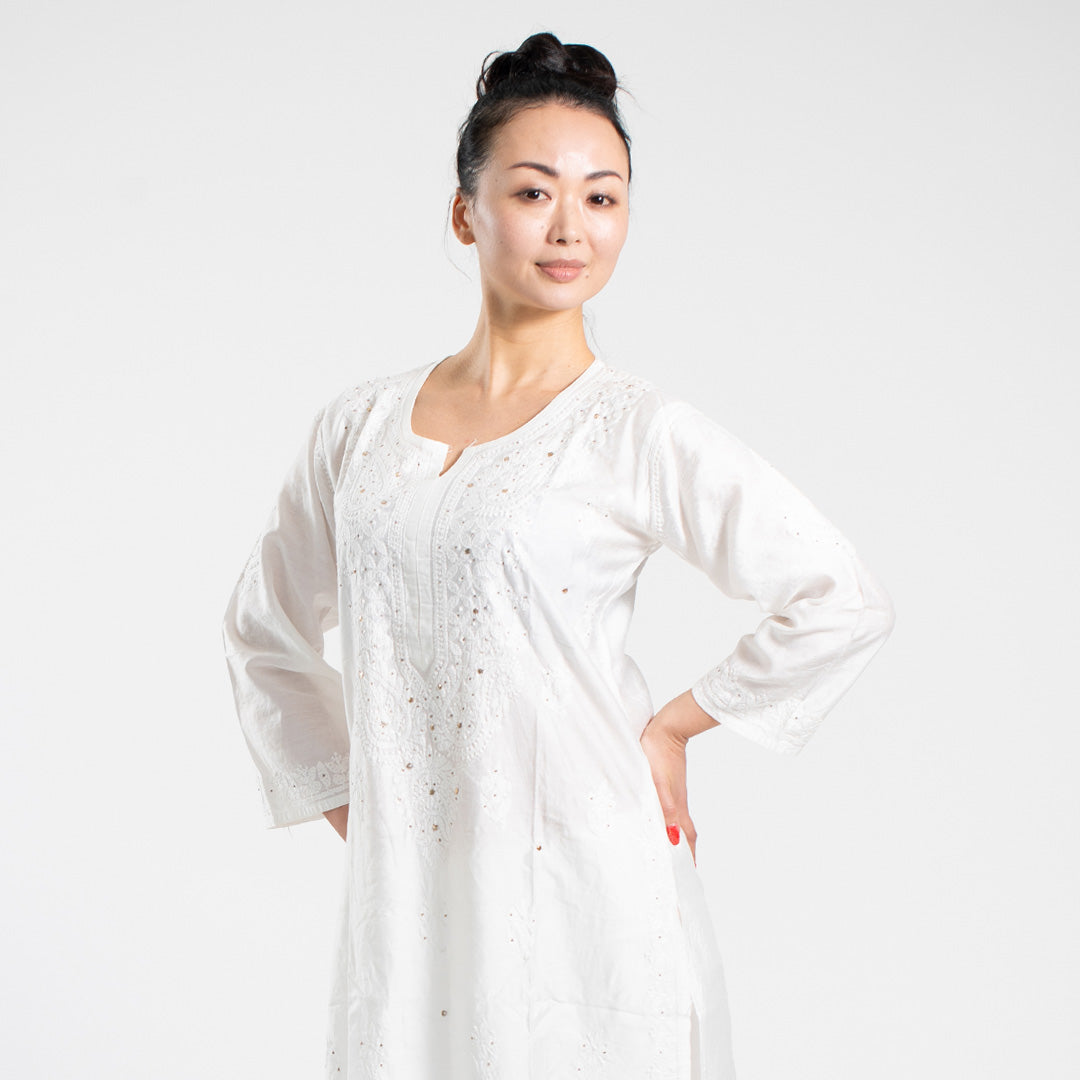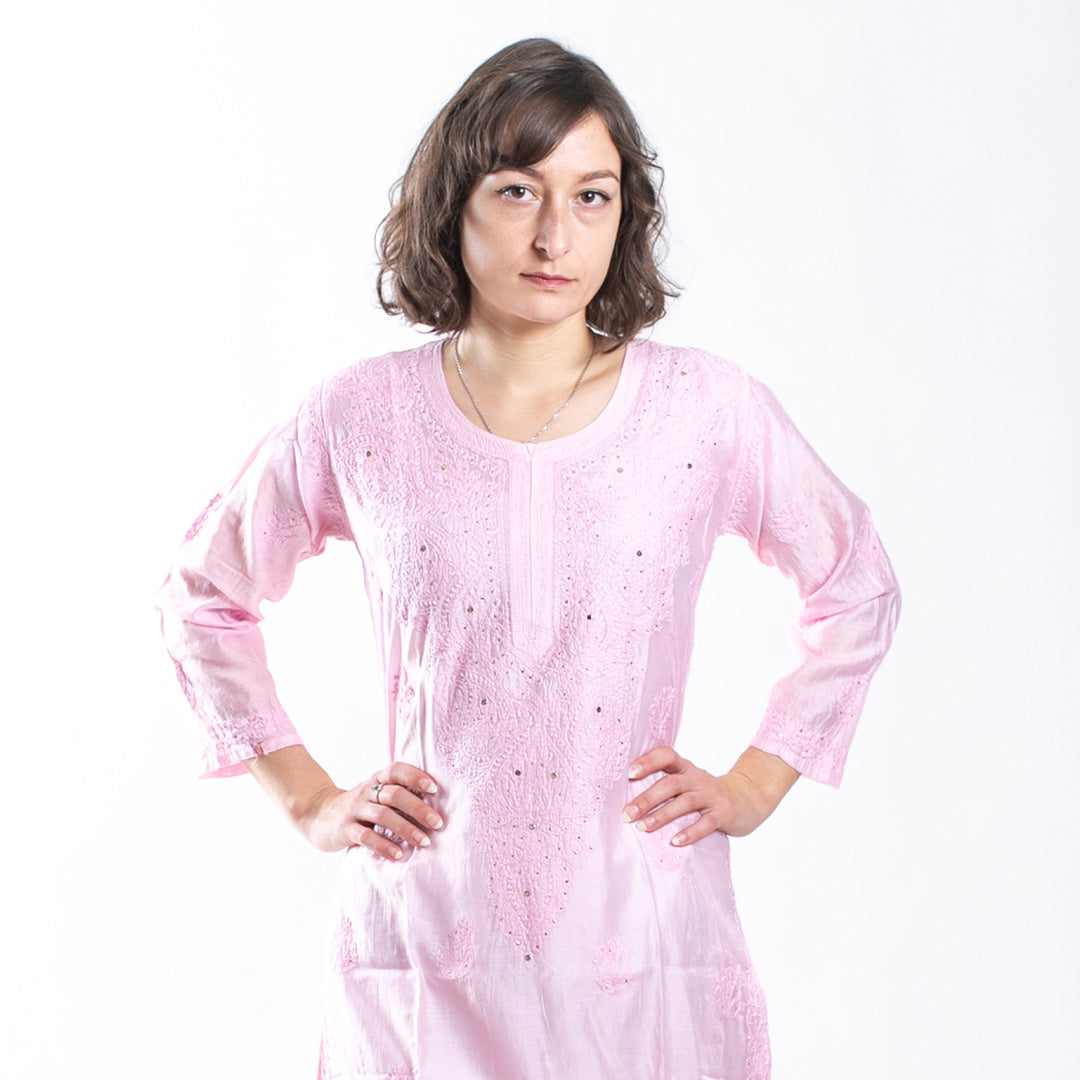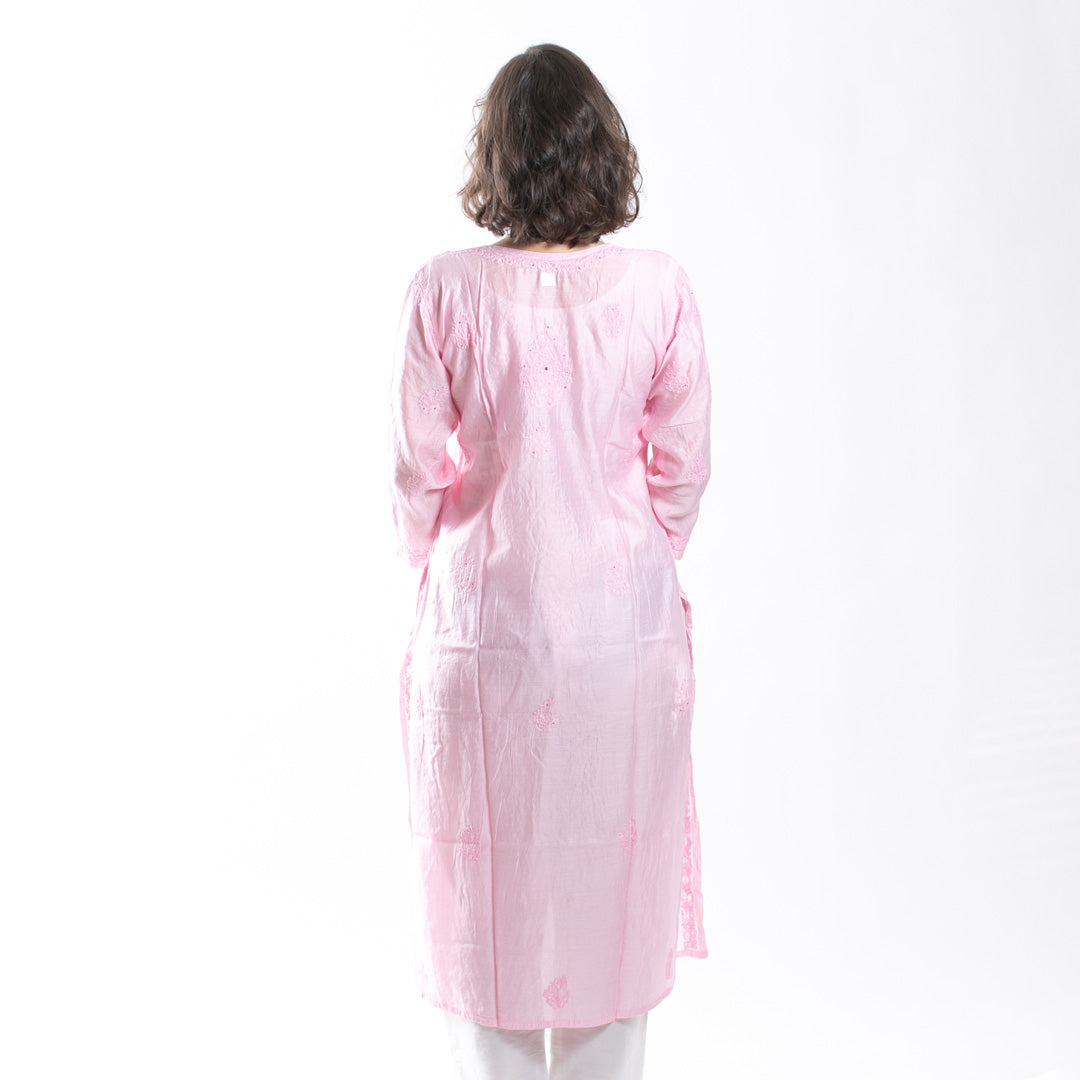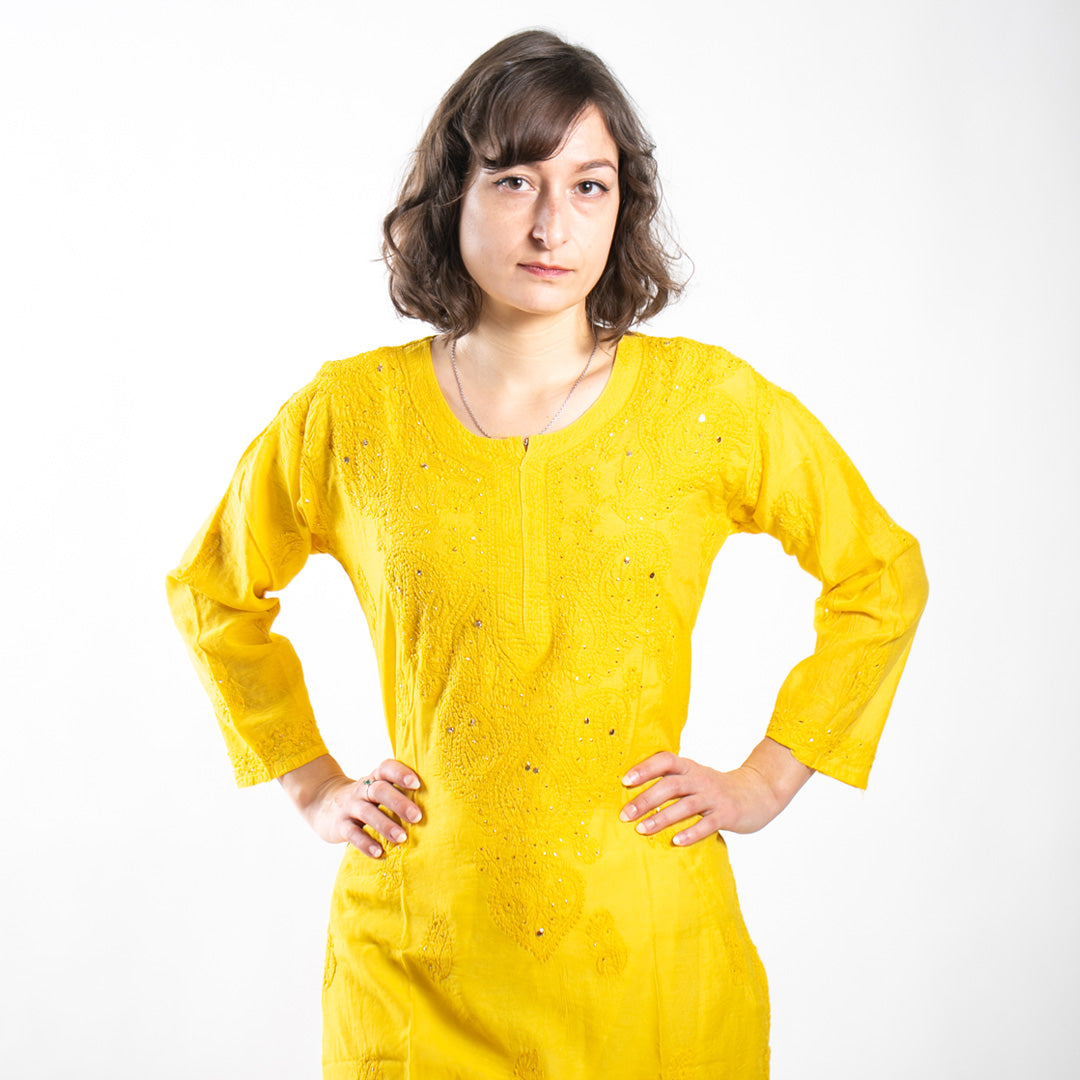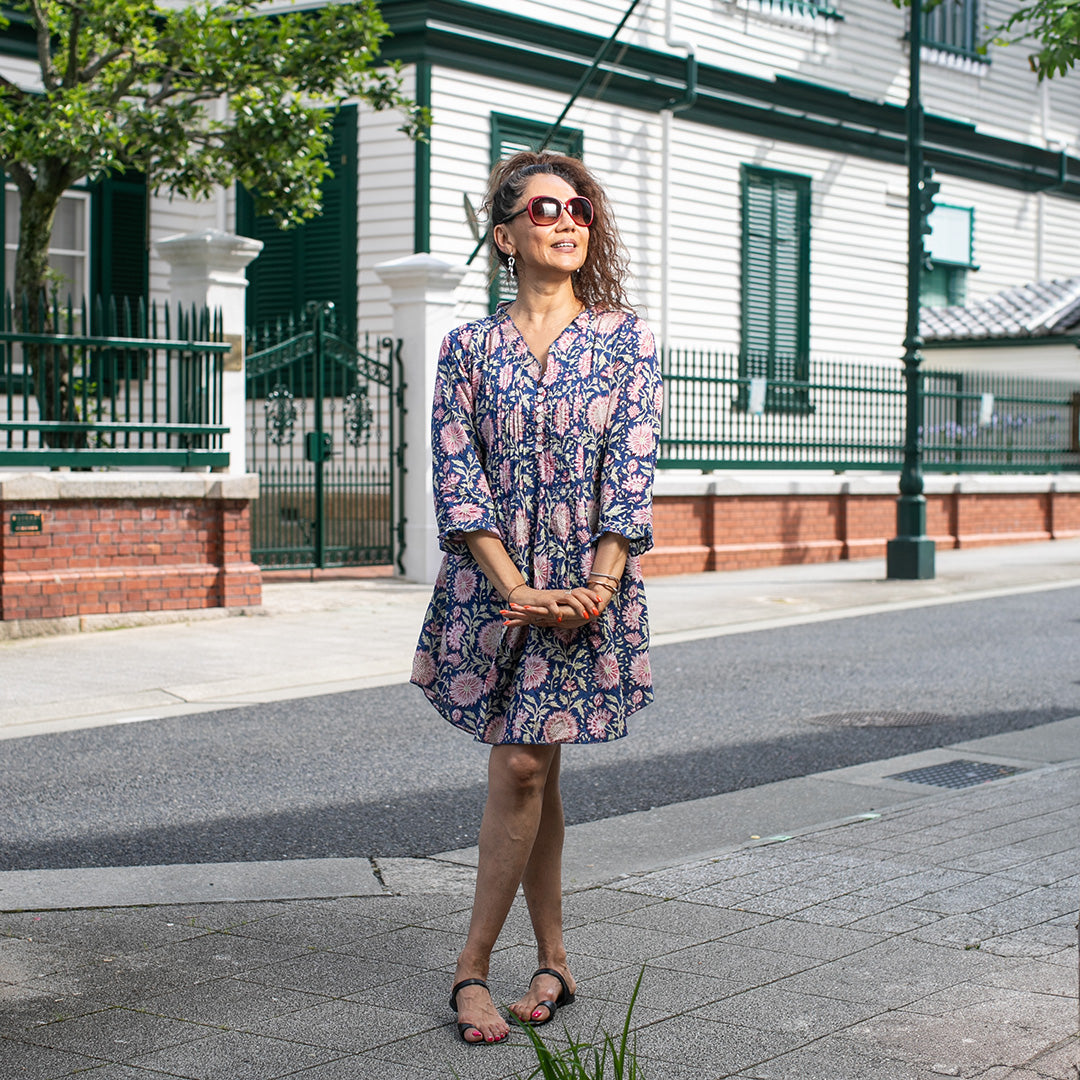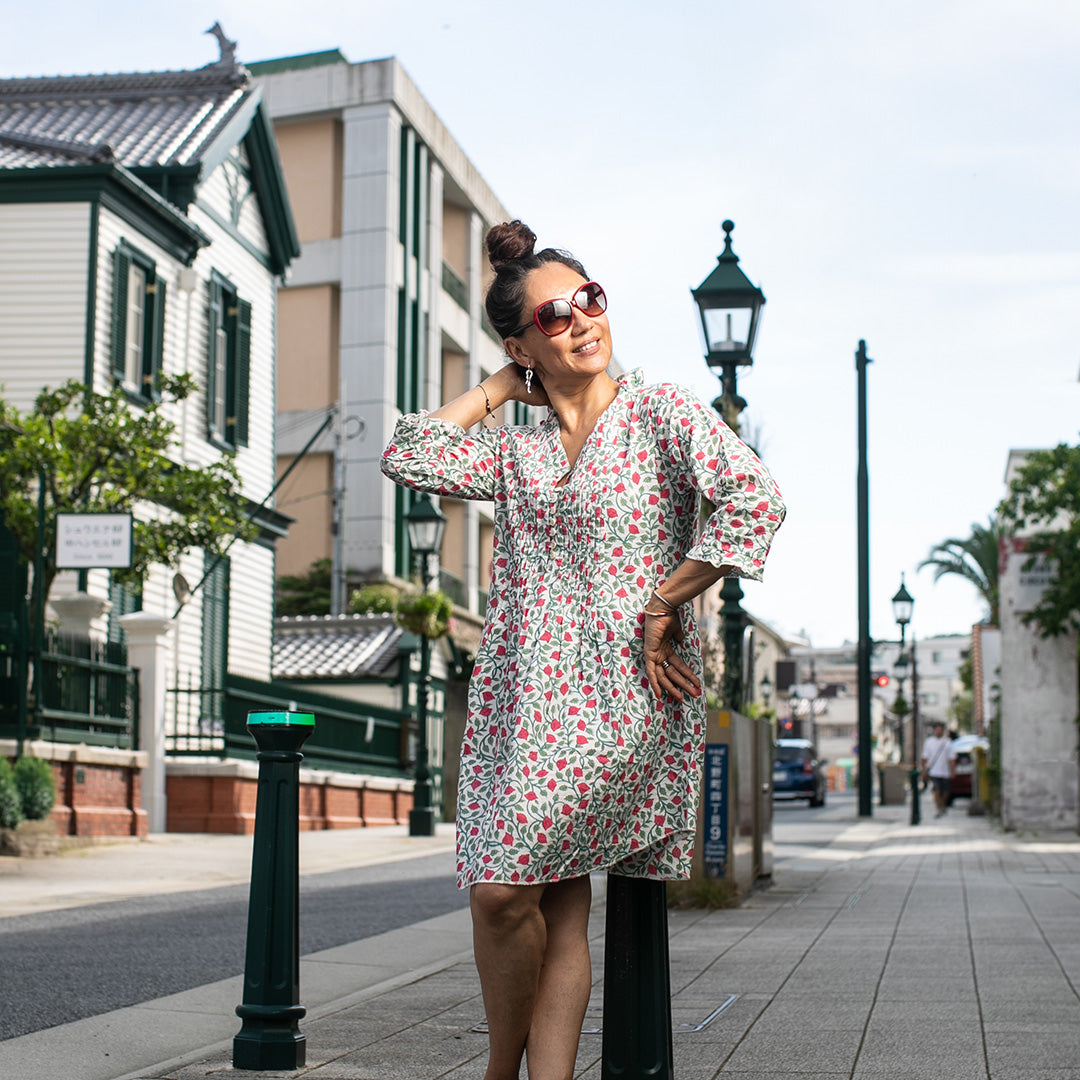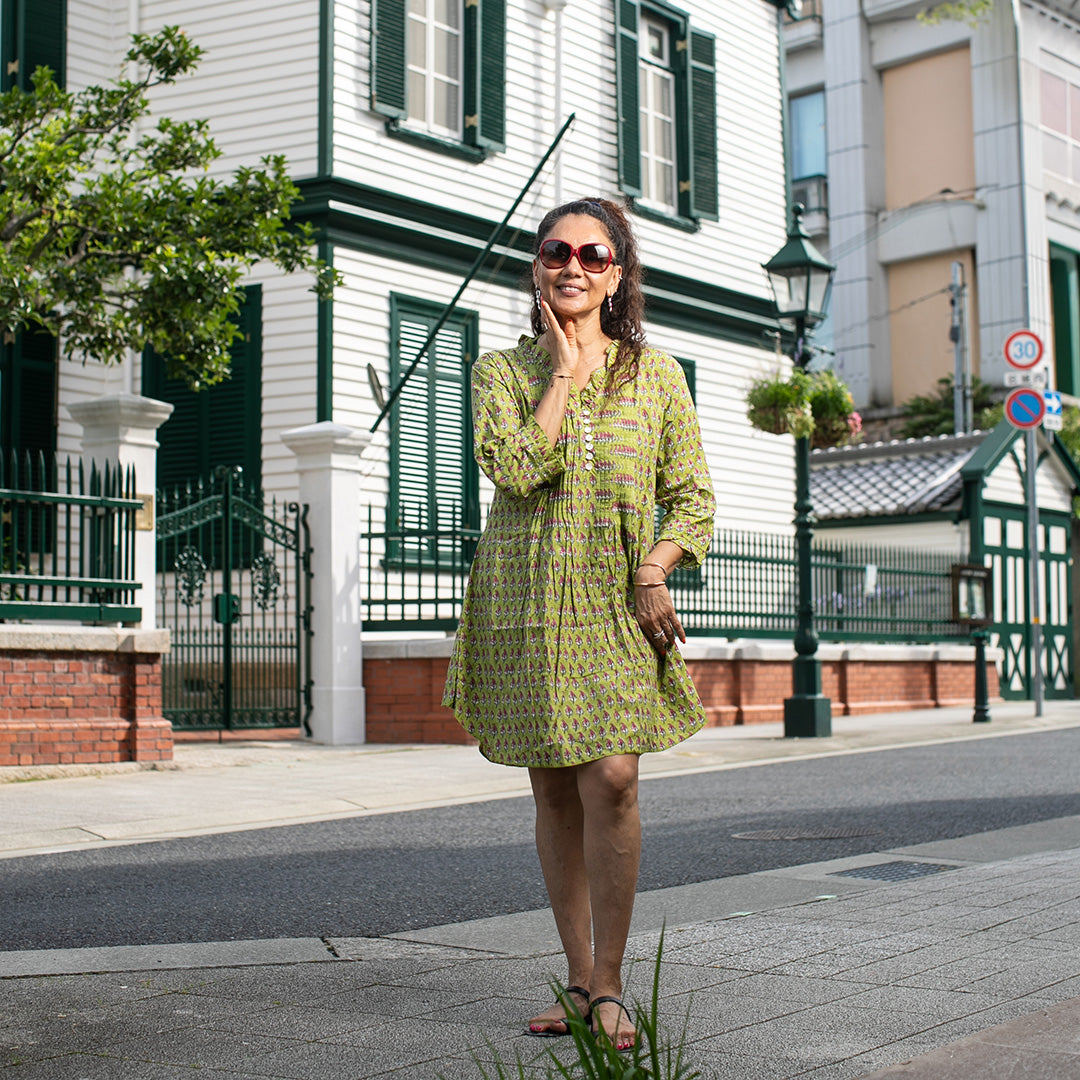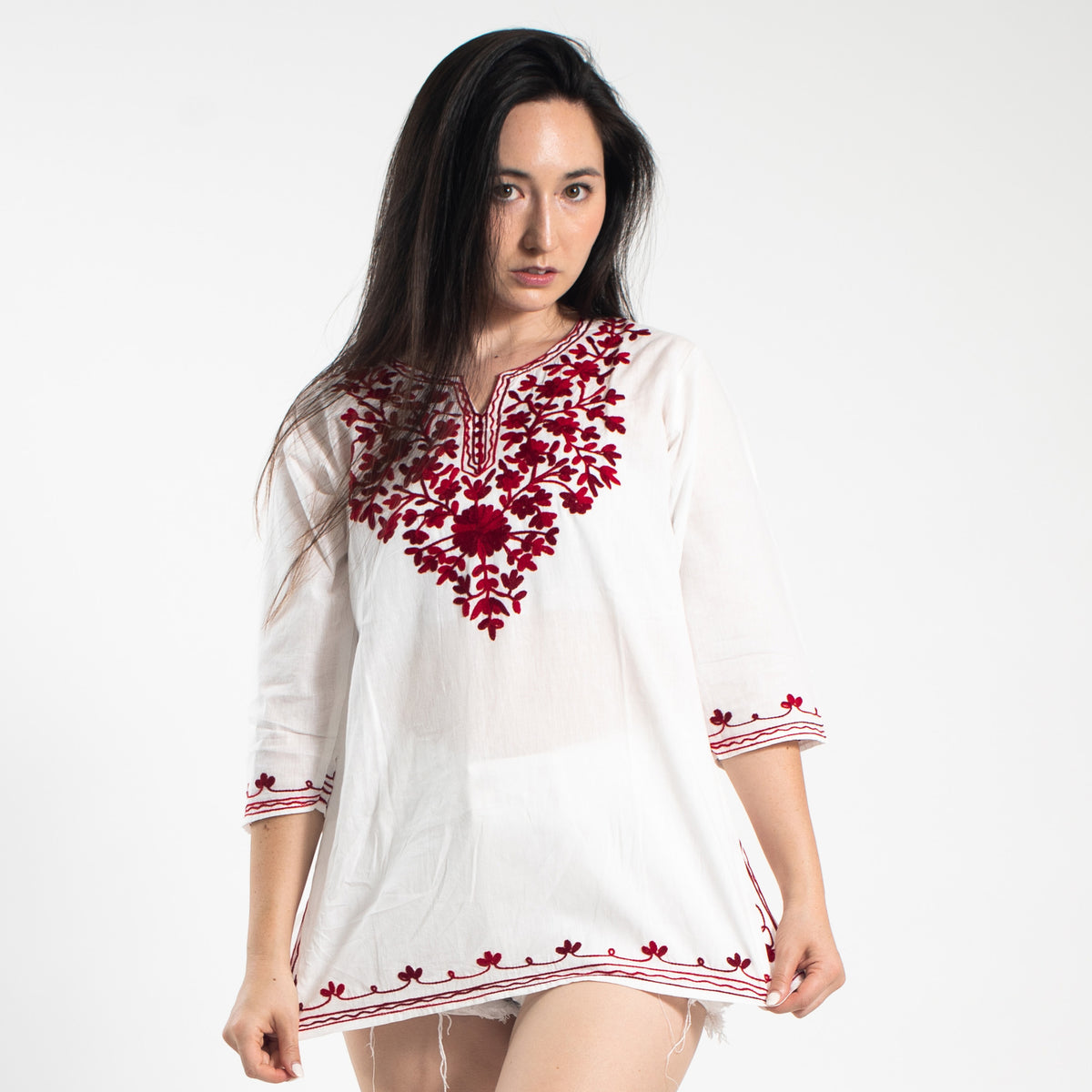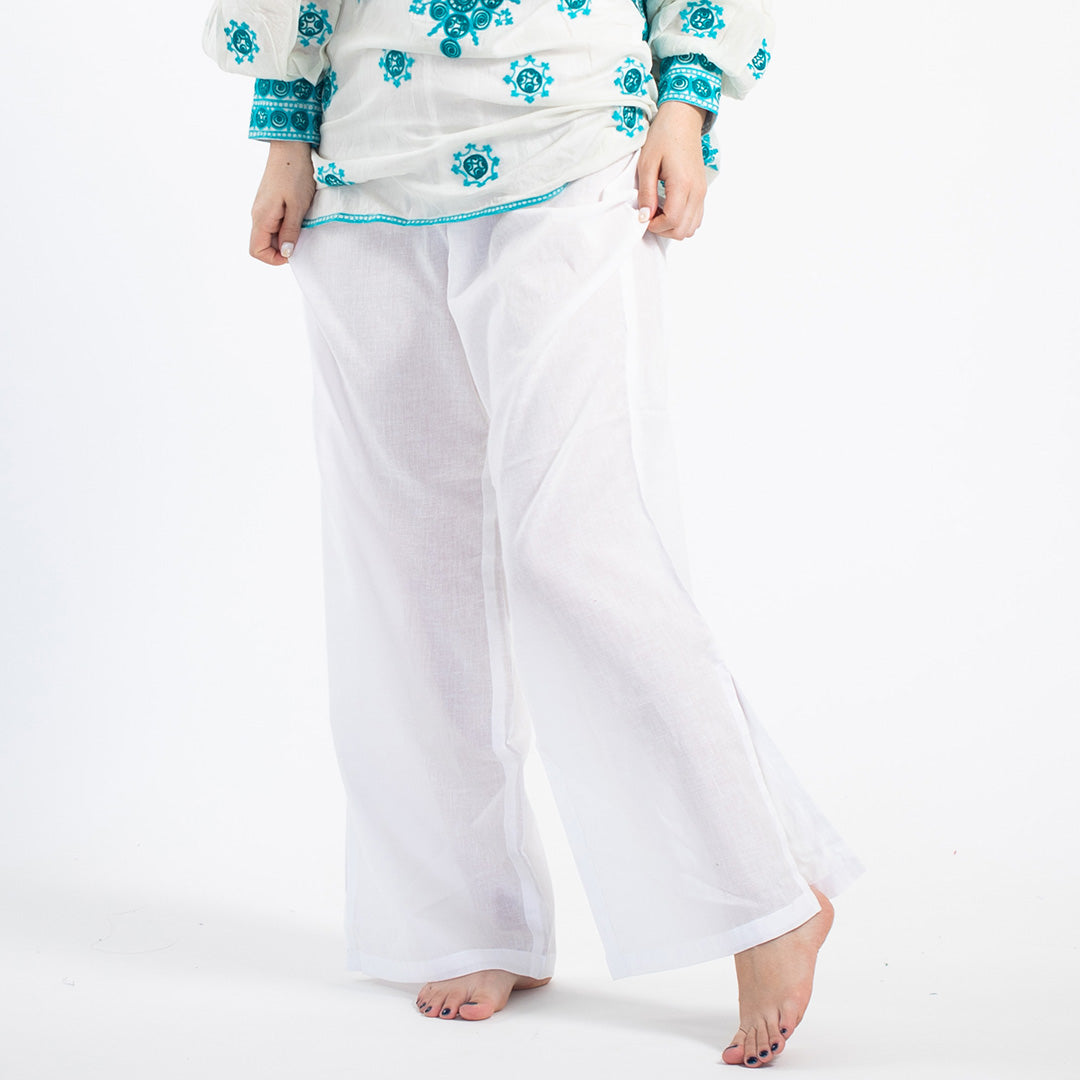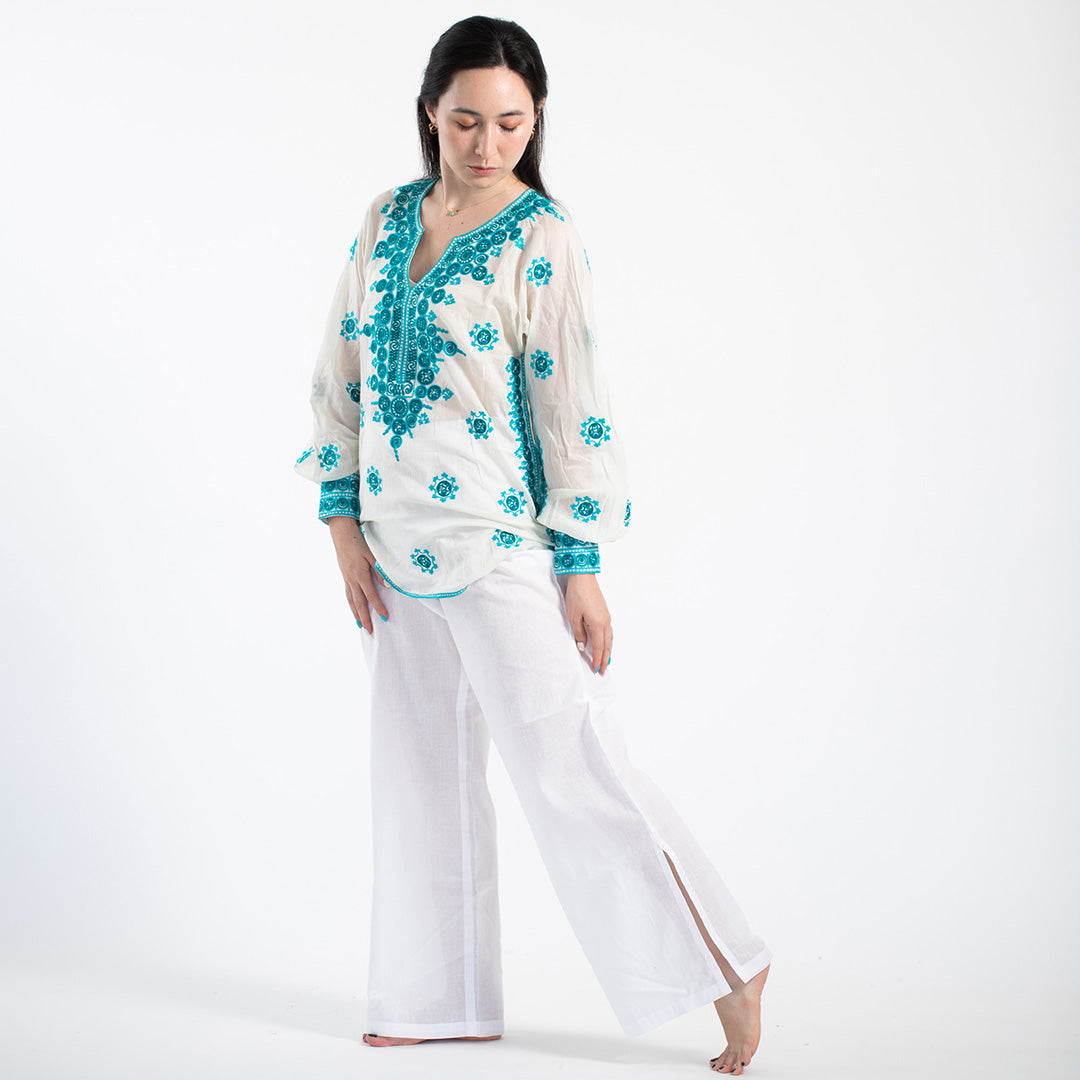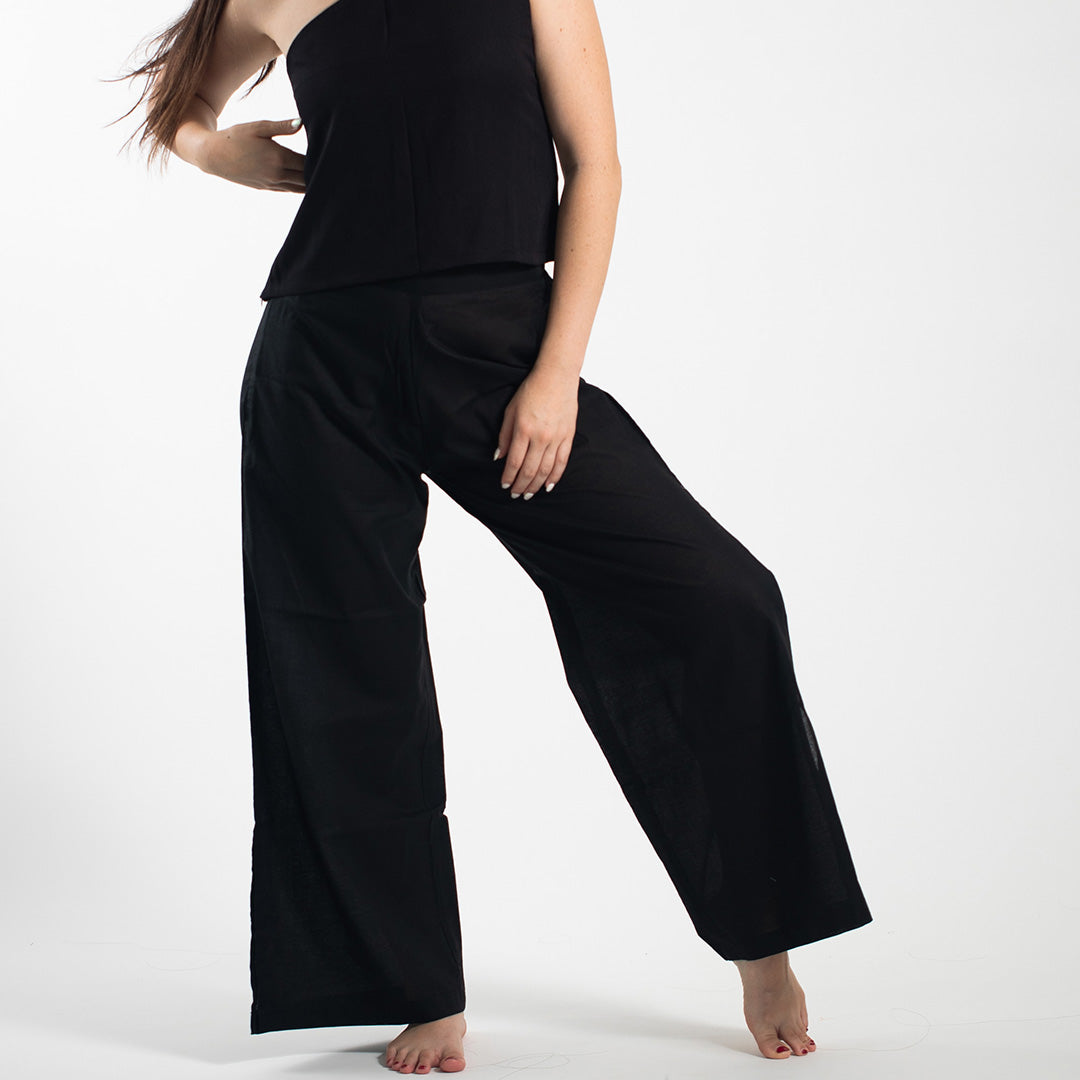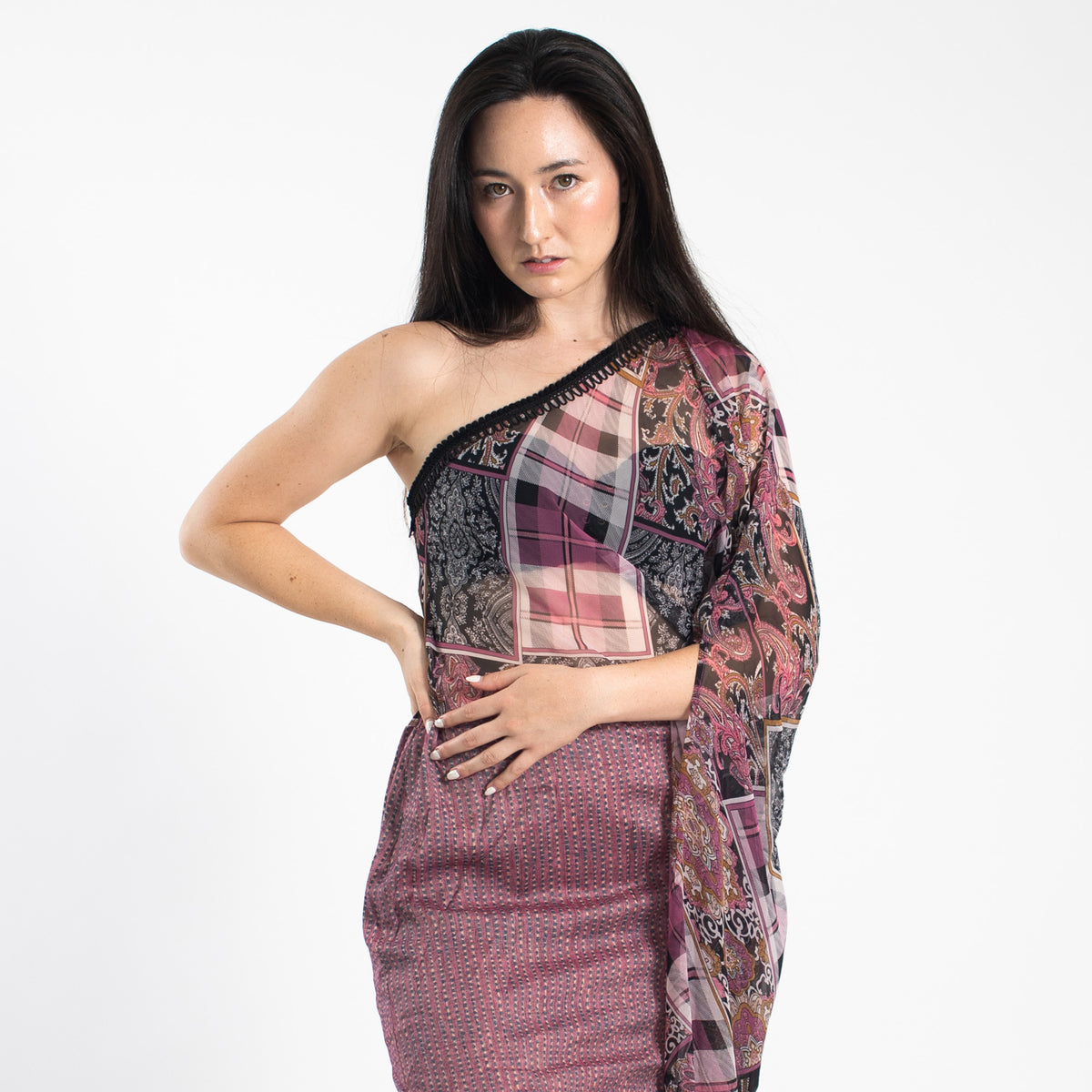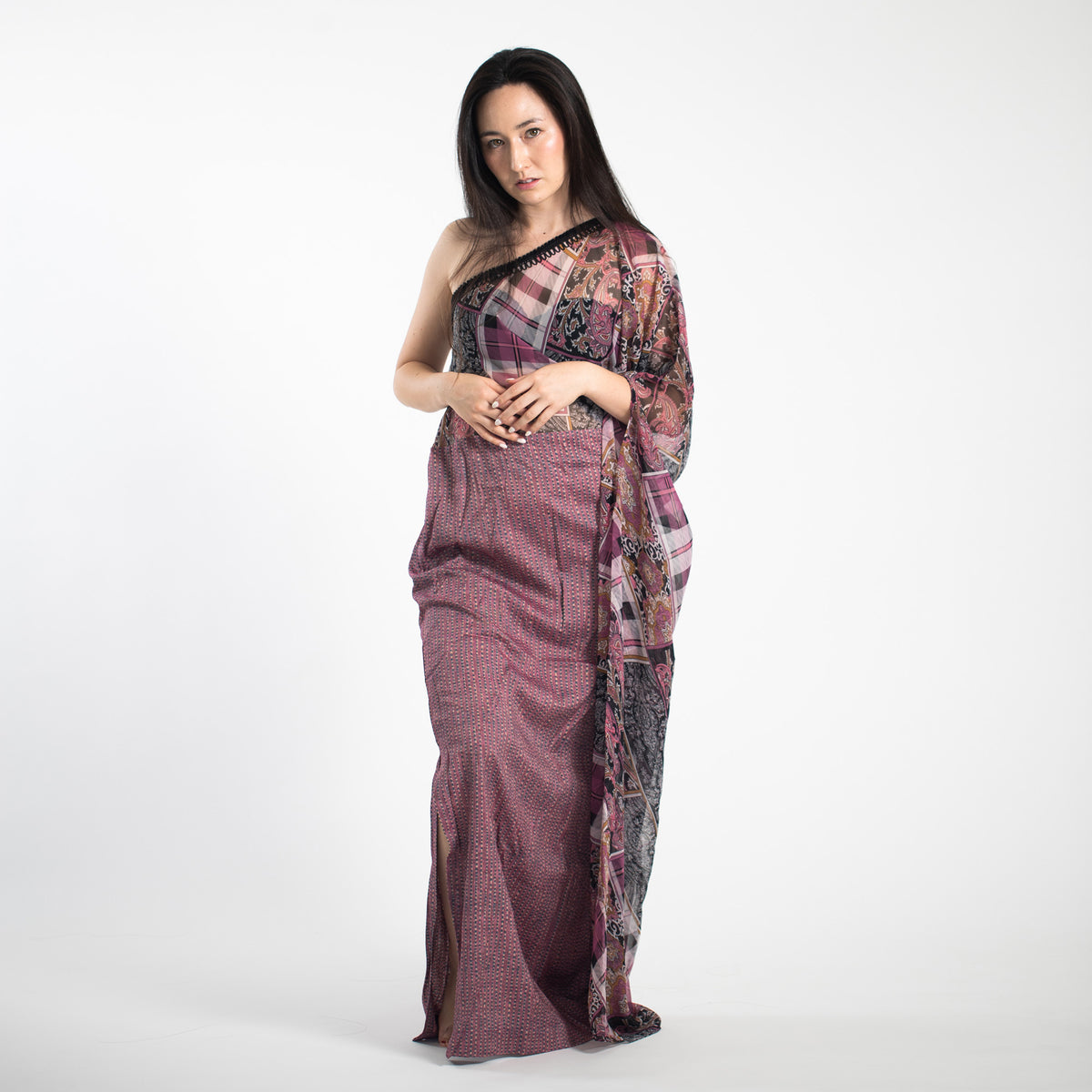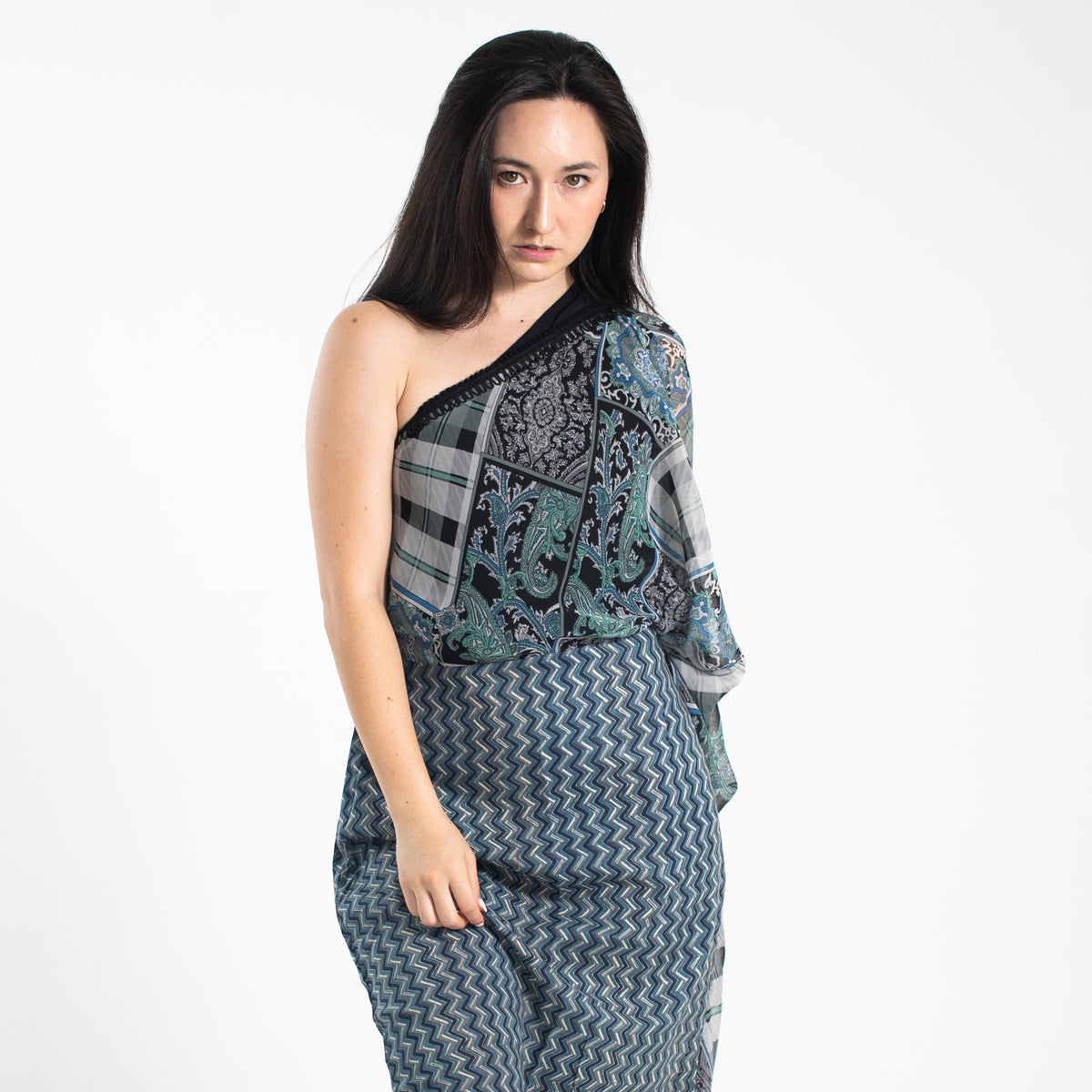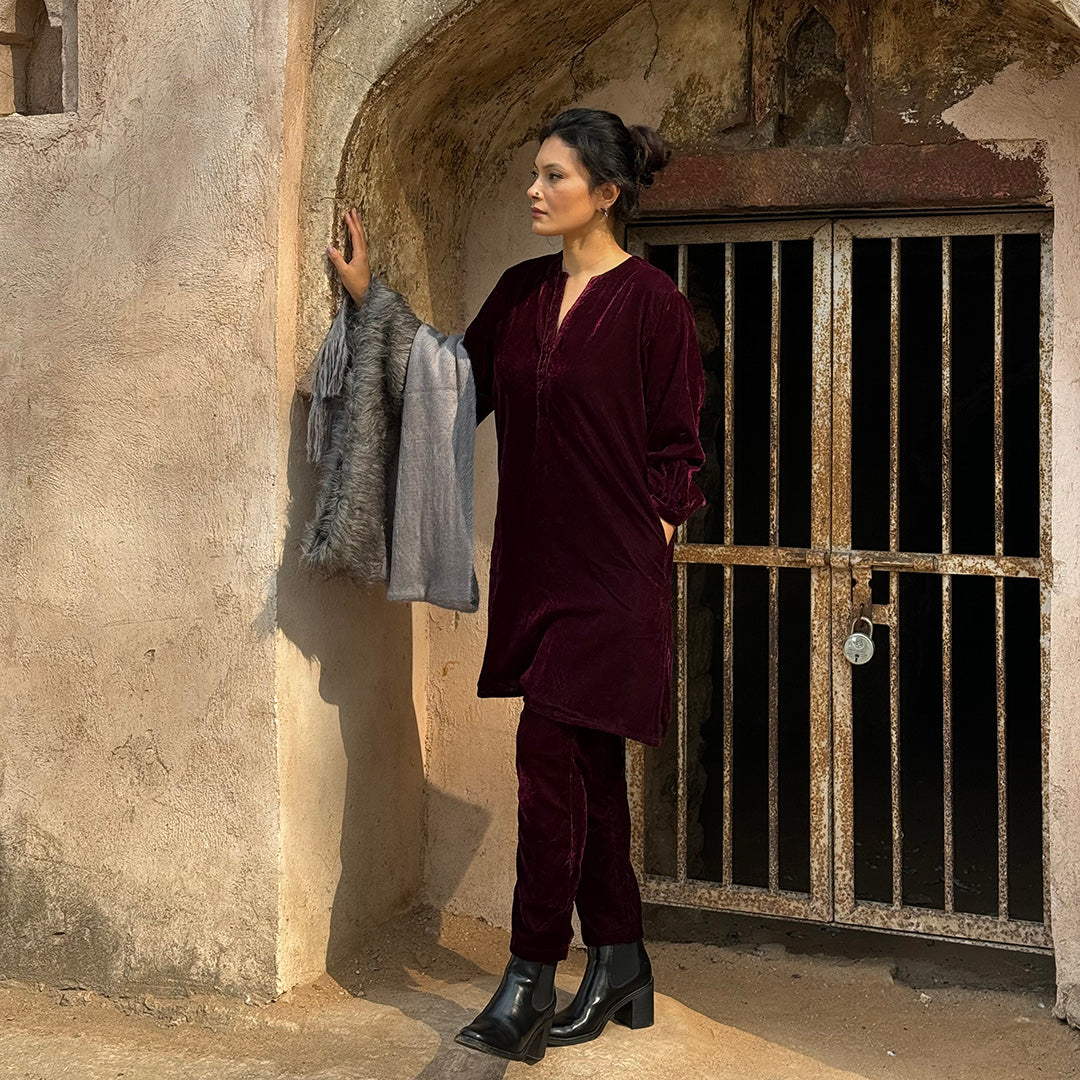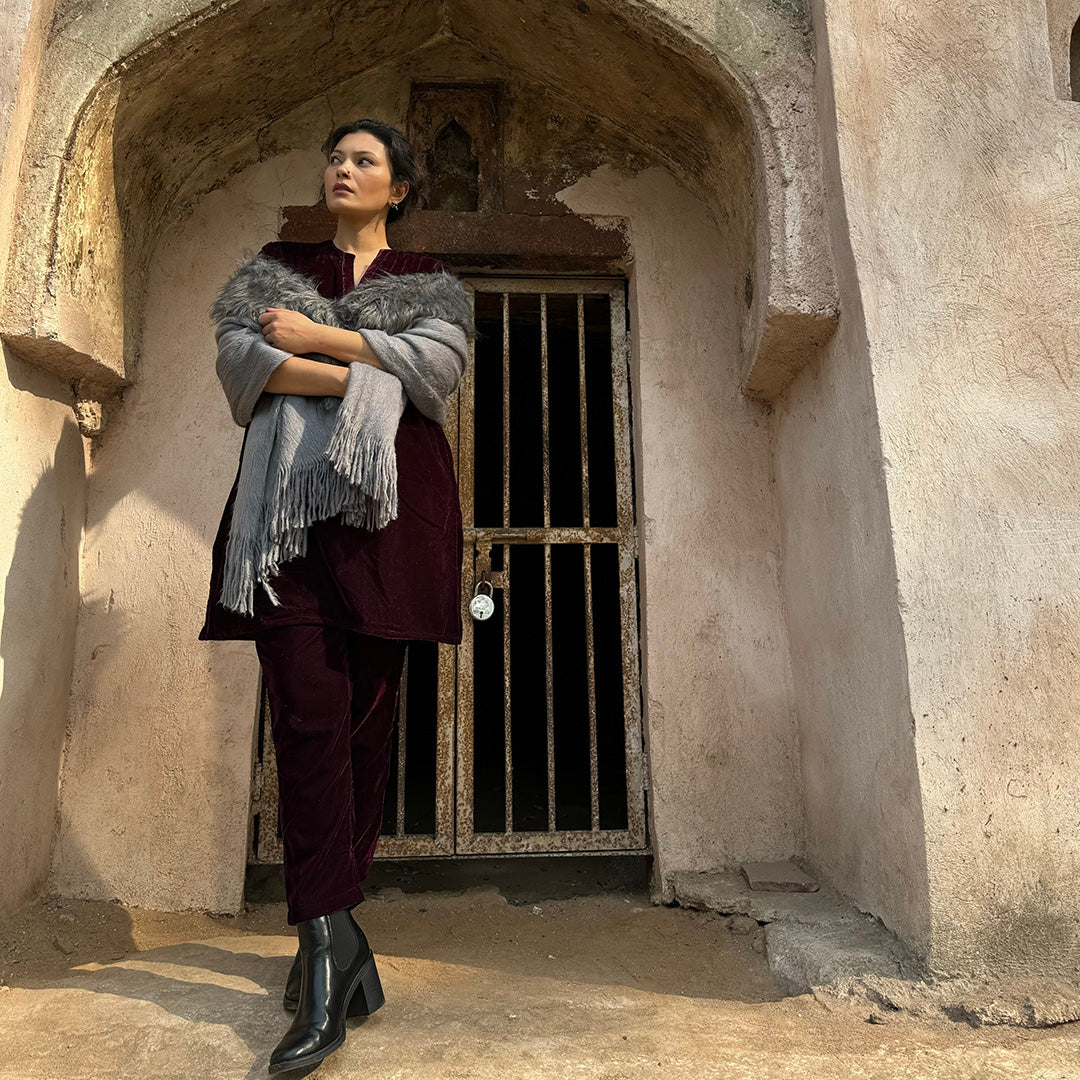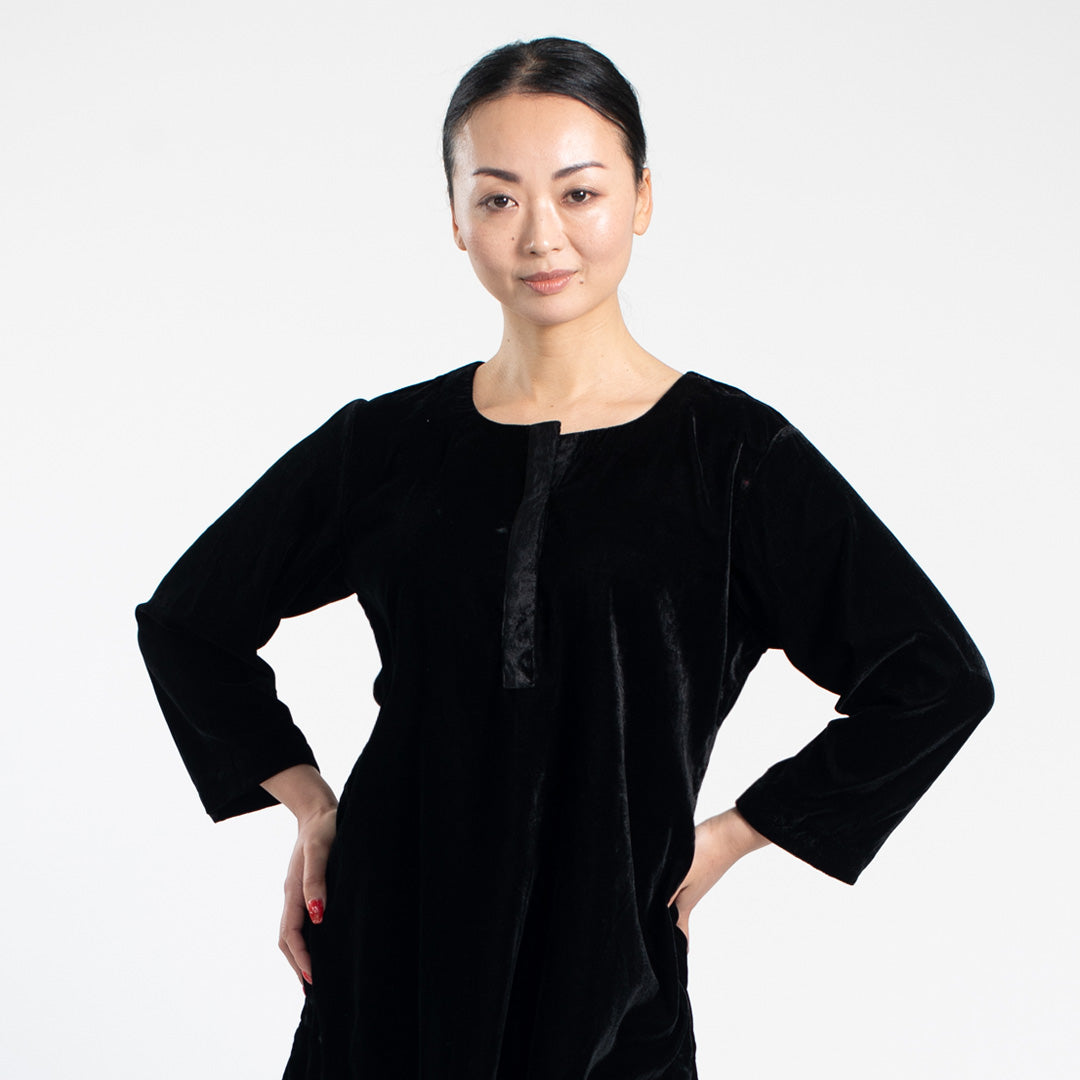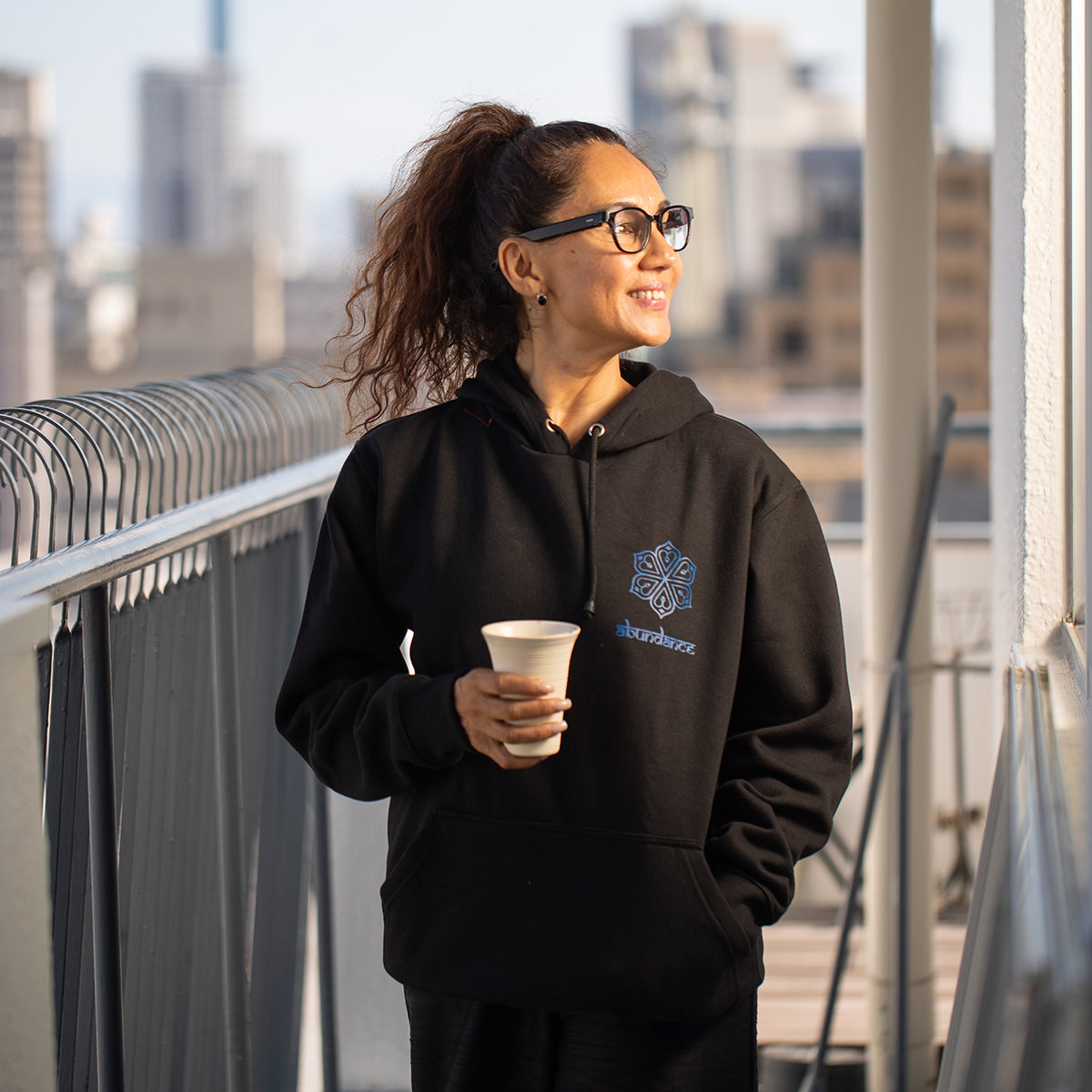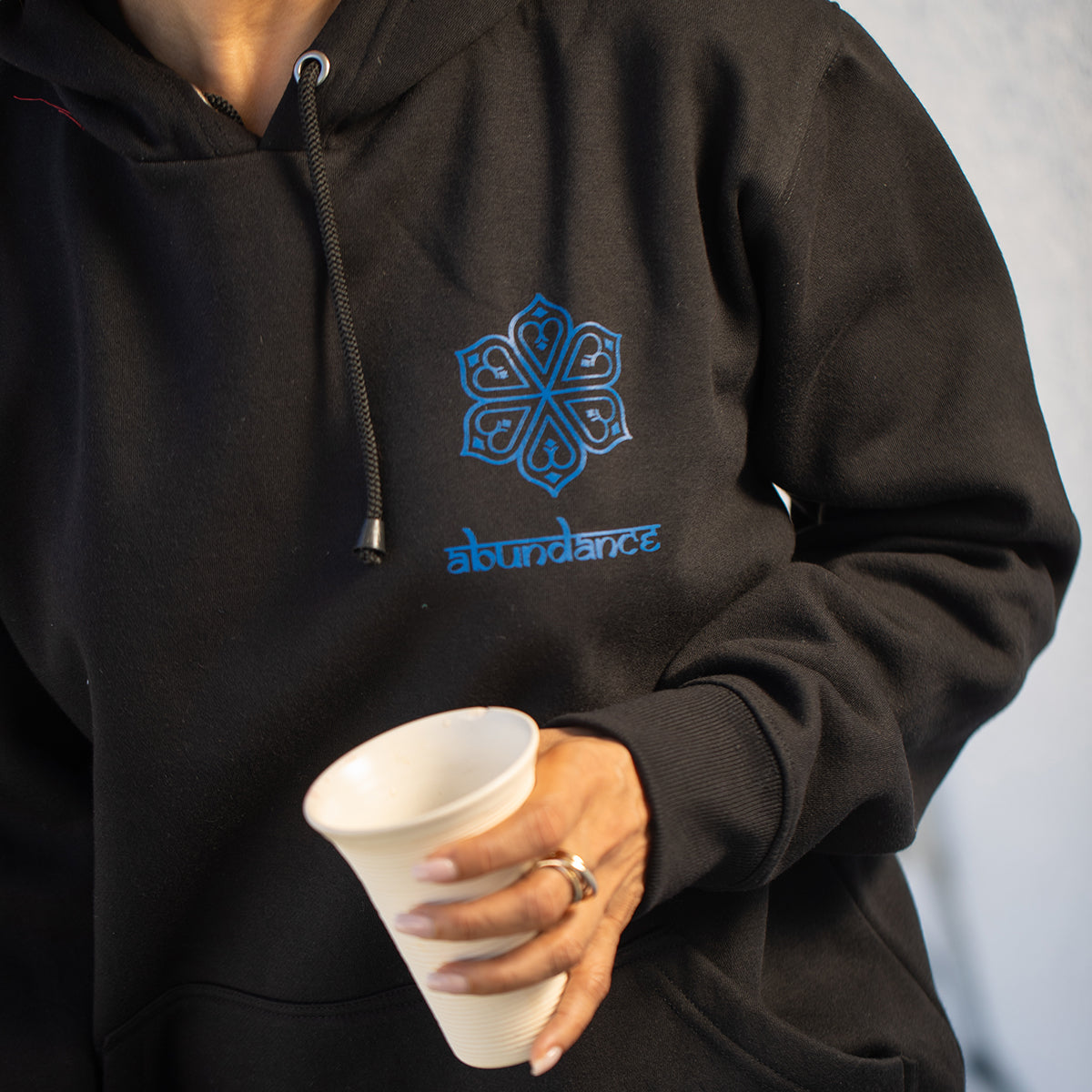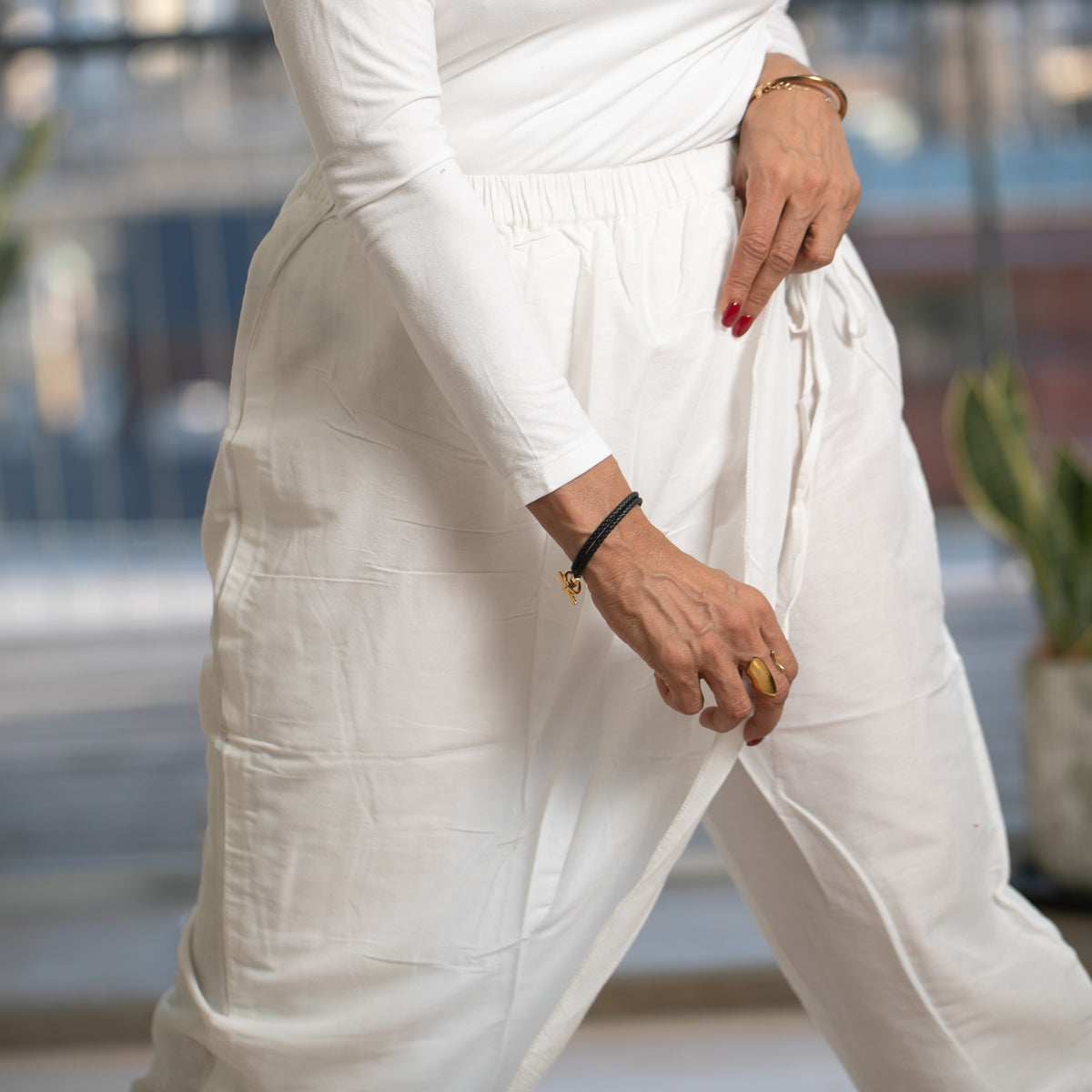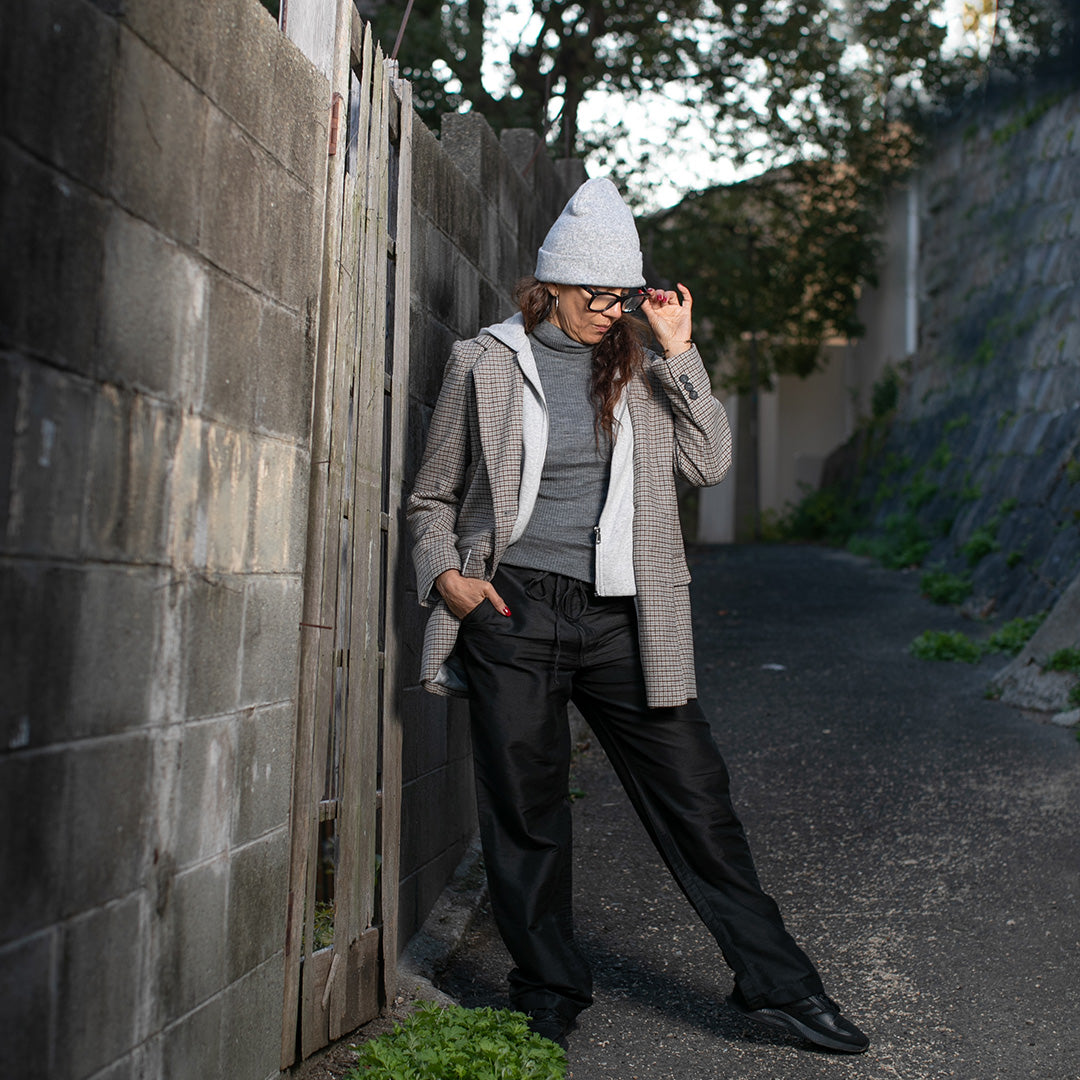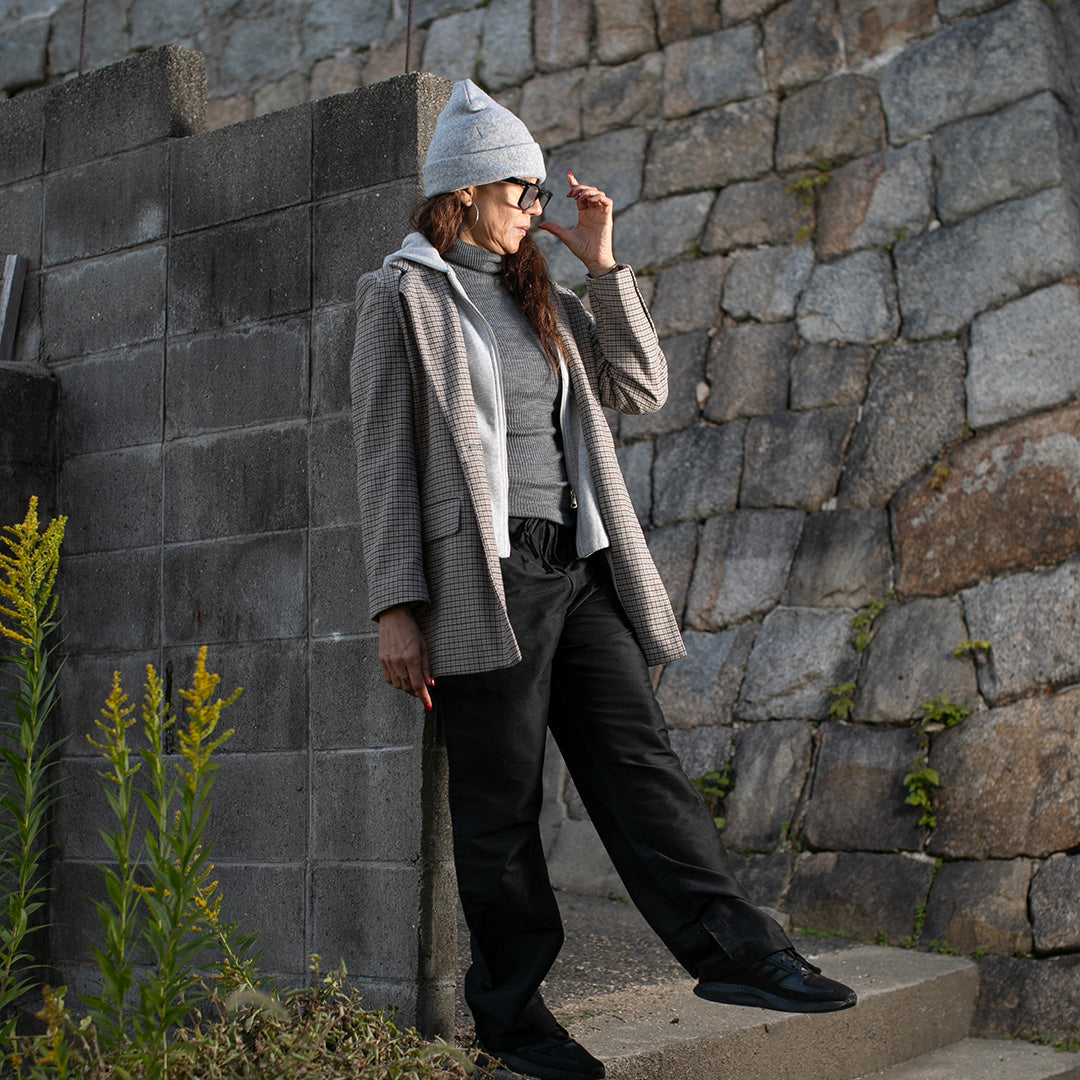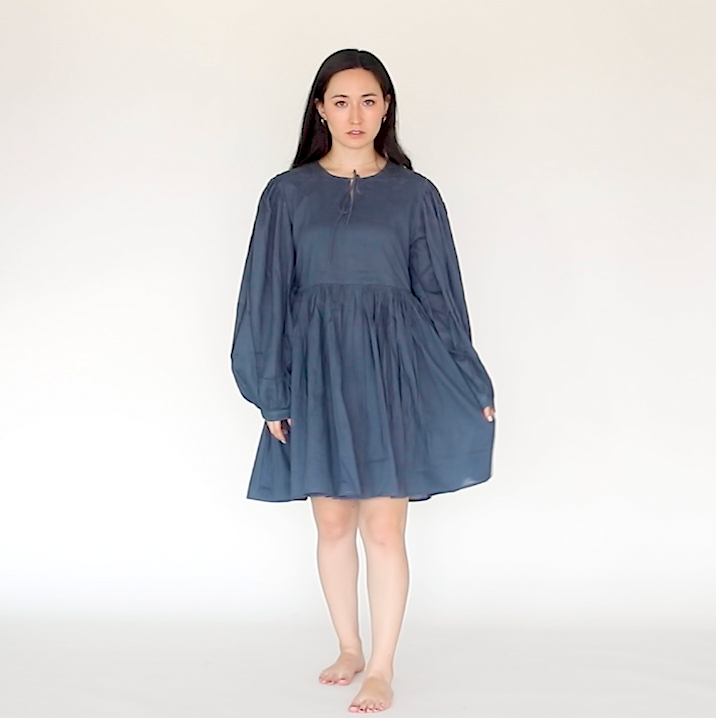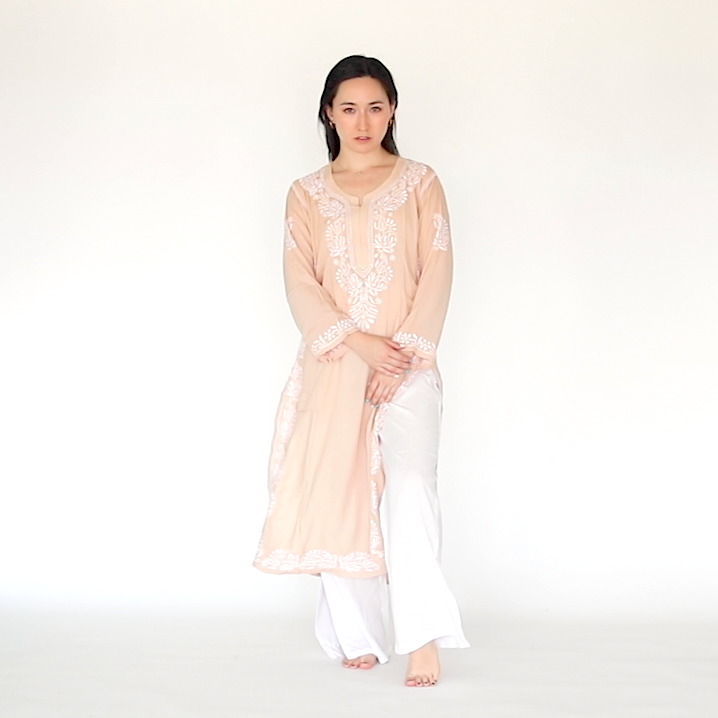Slow fashion is an approach to fashion that emphasizes sustainability, ethical practices, and conscious consumption. In contrast to fast fashion, which relies on mass production in a short time and cost-cutting to keep prices down, slow fashion refers to values and an approach that considers the global environment and society when it comes to the production and consumption of clothing . 
Slow fashion is all about focusing on quality over quantity. Instead of buying cheaply made, disposable clothing that is quickly thrown away, slow fashion encourages consumers to invest in high-quality, durable clothes that are designed to be loved and used for a long time. By choosing well-made clothes, people can reduce the need to shop frequently and contribute to a more sustainable fashion industry. 
Another important aspect of slow fashion is its emphasis on ethical and fair labor practices. Many fast fashion brands outsource their production to factories where working conditions are poor and workers are underpaid. Slow fashion brands prioritize ensuring that employees are treated fairly and paid a living wage. 
In addition to quality and ethics, slow fashion also promotes environmental sustainability. The fashion industry is known for having a significant impact on the environment, from water pollution to textile waste. Slow fashion aims to mitigate this impact by using eco-friendly materials, implementing sustainable production methods, and reducing waste through recycling. By choosing eco-conscious fashion brands and practicing conscious consumption, individuals can contribute to a healthier planet.
Slow and Sustainable Fashion
Slow fashion is an approach to fashion that emphasizes sustainability, ethical practices, and conscious consumption. In contrast to fast fashion, which prioritizes rapid production and quick turnover of clothing items, slow fashion is a more mindful and thoughtful approach to clothing production and consumption.
One of the key principles of slow fashion is the focus on quality over quantity. Instead of buying cheaply made, disposable clothing items that are quickly discarded, slow fashion encourages consumers to invest in high-quality, durable pieces that are designed to last. By choosing well-made garments individuals can reduce the need for constant shopping and contribute to a more sustainable fashion industry.
Another important aspect of slow fashion is the emphasis on ethical and fair labor practices. Many fast fashion brands outsource their production to factories with poor working conditions and low worker wages. Slow fashion brands prioritize that their workers are treated fairly and paid a living wage.
In addition to quality and ethics, slow fashion also promotes environmental sustainability. The fashion industry is known for its significant environmental impact, from water pollution to textile waste. Slow fashion aims to reduce this impact by using eco-friendly materials, implementing sustainable production methods By choosing eco-conscious fashion brands and practicing mindful consumption, individuals can contribute to a healthier planet.
Slow Fashion is not just a trend, but a movement towards a more sustainable and ethical fashion industry. By embracing the principles of quality, ethics, and sustainability, consumers can positively impact the environment, support fair labor practices, and promote a more mindful approach to fashion.


